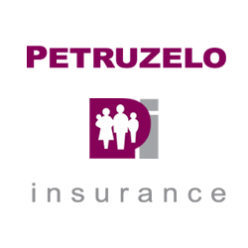
Hitting the road in an RV can be an adventure that your family will remember for years to come. If this will be your first RV trip, here are some tips to make sure you remember your journey for the right reasons.
Don’t Get Stranded
Have your RV thoroughly inspected and make any needed repairs before you set out on your trip. Bring along a roadside emergency kit in case the RV breaks down or gets a flat tire somewhere along the way.
Stop for gas frequently. Even if you have half a tank, gas stations may be hundreds of miles apart in remote areas. It’s better to be safe than sorry.
Share your itinerary with a family member or friend and check-in frequently. This is especially important if you will be traveling in a rural area where you may have inconsistent cellphone service.
Choose a Route That Your RV Can Handle
Research and plan your route ahead of time. A GPS can give you the shortest route, but it may not take into account narrow roads, sharp turns, and low bridges. Find a website or app that can give you a route appropriate for an RV.
Take Breaks
On a long trip, it can be tempting to push yourself to cover as much ground as possible, but that could backfire. Driving for long stretches of time could lead to fatigue that could make it difficult to concentrate and slow your reaction time. Driving at night could be especially dangerous since you would have to contend with a combination of fatigue, reduced visibility, and the possibility that wild animals might unexpectedly run into the road.
Take breaks every few hours, take turns driving with another adult, and stop at a hotel or rest area when necessary. When you stop for a break, walk around and stretch so you don’t get stiff and achy. A little exercise can also help you stay alert while driving. Build some wiggle room into your schedule so you won’t feel forced to drive too fast or too long to reach your destination on time.
Make Sure You Have the Right Insurance Coverage
Review your insurance policy before you set out on your trip. An RV is very different than a car, and it has different insurance needs. In addition to liability, collision, and comprehensive coverage, an RV policy can cover any accessories attached to the vehicle and your belongings that you are transporting inside it. You can also choose a policy with towing and roadside assistance, total loss replacement, campsite and vacation coverage, emergency expenses, and uninsured and underinsured motorist coverage.
The cost of RV insurance will depend on your vehicle’s class, your driving record, and the coverage limits and deductible you choose. Petruzelo Insurance can help you compare coverage options and premiums from several carriers and choose a policy that suits your needs and budget. Contact us today to learn more.
